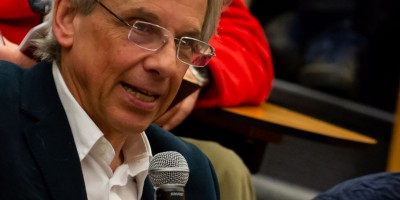
character assassinations? settle for more
Datalyrics replies to a defamation of non-profit's esteemed partners by the Chief editor of Lidové noviny, once a samizdat newspaper today practically owned by Czech PM Andrej Babiš

Datalyrics replies to a defamation of non-profit's esteemed partners by the Chief editor of Lidové noviny, once a samizdat newspaper today practically owned by Czech PM Andrej Babiš
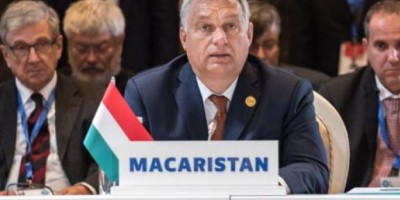
eminent conservative Christian intellectuals in the West look to new illiberal regimes for succour. Their disappointment is inevitable, COMMENTS Alexander Faludy.

how do the attitudes of European Muslims evolve and how does it correspond with our assumptions
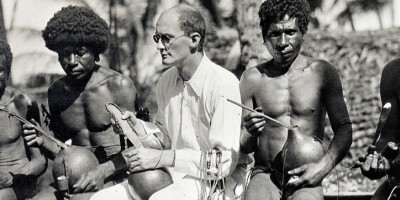
the conception of culture as a 'driver of societies' that became the favourite charm of nationalists, has origins in the oeuvre of prominent academics
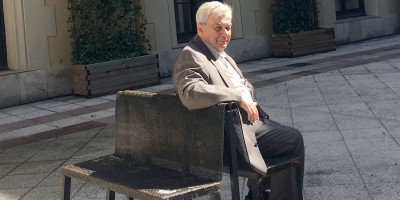
says Attila Chikán, a minister from the first Orbán’s government, about Hungary’s competitive autocracy. In a long interview with Datalyrics, he also talks about binarity and the reluctance of those who share a similar ideology to call out a fellow’s foul.
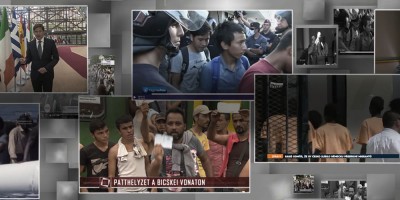
a thorough Datalyrics study about the differences in Hungarian and Polish propaganda, robust television reporting on migration and organizational practices that underpin the different styles
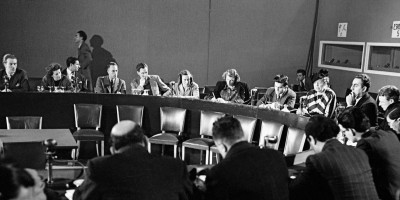
in a COMMENTARY, Jordanian Prince Hassan bin Talal reflects on the development of international standards of refugee protection in contrast with contemporary rise of nationalism

instead of flat refusal of diversity, politicians could waive the tendency of multiculturalism to institutionalize ethnic differences and refuse the tendency of assimilationism to treat immigrants as aliens
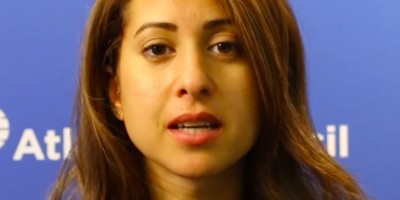
a reminder of basic dilemmas managers of social media platforms face when they try to curb hate speech and prevent online radicalization
one thing is clear: neither refugees or regular migrants are lured by social benefits
how a Czech economic journalist believed that empirical research supports ideas about malignity of current migrants and cultural superiority of Czechoslovaks
a thorough Datalyrics study about the differences in Hungarian and Polish propaganda, robust television reporting on migration and organizational practices that underpin the different styles